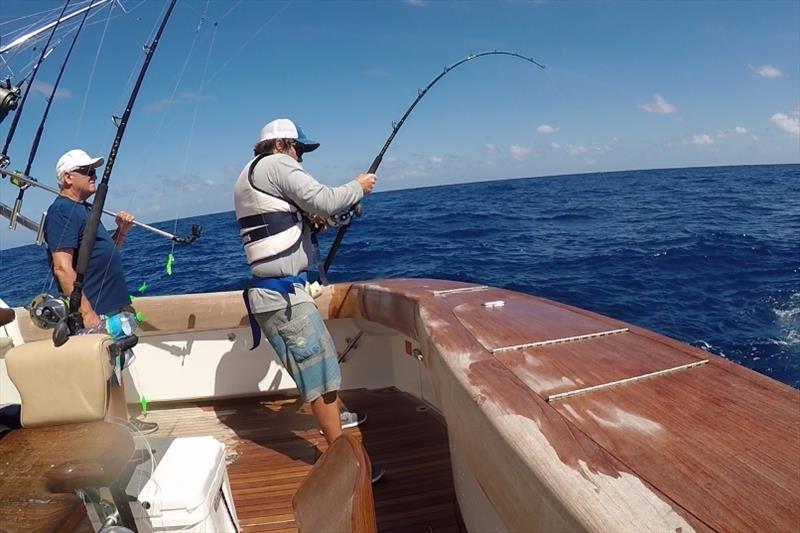
New requirement for Atlantic Highly Migratory Species tournaments
by Nicolas Alvarado, NOAA Fisheries 13 Dec 2018 17:42 UTC
1 January 2019

Implementing online registration and reporting for Atlantic Highly Migratory Species Tournaments © Robert Navarro
An Atlantic highly migratory species (HMS) tournament is a tournament that awards points or prizes for catching Atlantic highly migratory species (i.e., swordfish, billfish, sharks and/or tunas).
All Atlantic highly migratory species tournament operators will be required to submit an HMS tournament catch summary report within seven days after tournament fishing has ended. Most of the catch data in the summary report are routinely collected in the course of regular tournament operations.
NOAA Fisheries uses the data to estimate the total annual catch of highly migratory species and the impact of tournament operations in relation to other types of fishing activities.
Tournament Registration
Existing regulations require operators of Atlantic highly migratory species tournaments to register four weeks in advance of the tournament. Operators must provide contact information and the tournament's date(s), location(s), and target species. Tournament registration can be done through the Atlantic Tournament Registration and Reporting system.
Tournament operators can also request educational and regulatory outreach materials from NOAA Fisheries at the time of registration.
For further information on concerning reporting Arietta Venizelos at 305-361-4214.